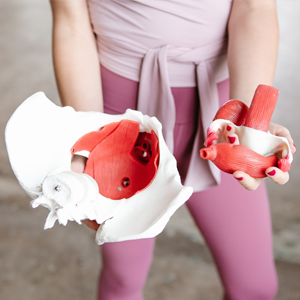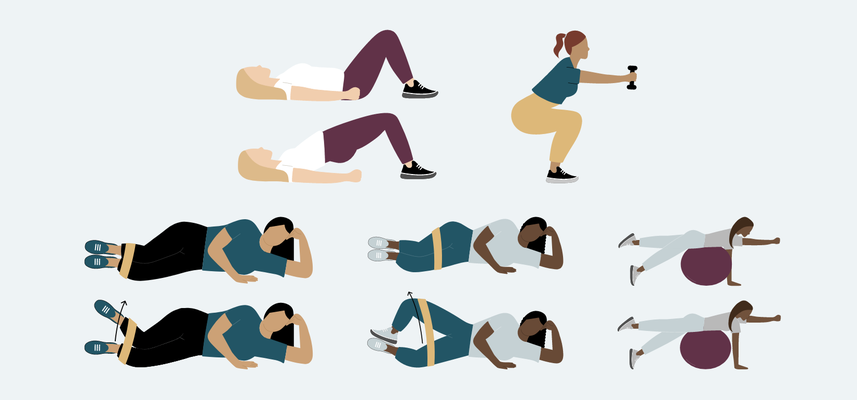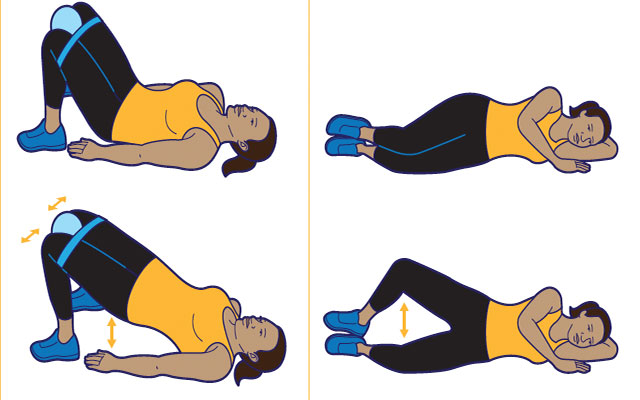Why is diaphragmatic breathing important for pelvic health?
Diaphragmatic breathing is important for pelvic health for several reasons:
- Improves Pelvic Floor Coordination: Diaphragmatic breathing helps synchronize the movement of the diaphragm and pelvic floor muscles. As you inhale, the diaphragm moves down, and the pelvic floor muscles relax. As you exhale, the diaphragm moves up, and the pelvic floor muscles contract. This coordination enhances the overall function of the pelvic floor muscles.
- Reduces Pelvic Floor Tension: Diaphragmatic breathing encourages relaxation and reduces tension in the pelvic floor muscles. This can be beneficial for individuals experiencing pelvic pain or discomfort.
- Enhances Awareness: Breathing through the diaphragm increases awareness of the pelvic floor muscles, making it easier to engage and strengthen them during other exercises.
- Supports Core Stability: Diaphragmatic breathing plays a crucial role in maintaining core stability. A well-functioning diaphragm works in harmony with the pelvic floor, transverse abdominis, and multifidus muscles to support the spine and pelvis.
- Alternative Treatment for Urinary Incontinence: Diaphragmatic breathing exercises can be an effective alternative or complement to traditional pelvic floor muscle exercises in managing urinary incontinence. This approach can help improve bladder control by enhancing the function of the pelvic floor muscles.


































